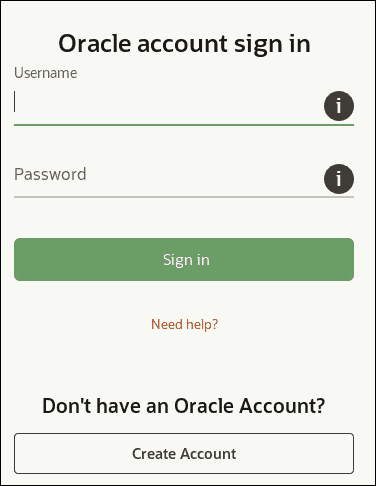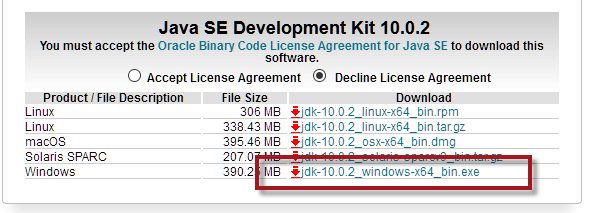
Some of these other vendors, for example, may continue to provide updates and/or support for Java 9 (which Oracle will not). For years, we’ve been used to using their JDK for free and so it has generally been our default, but there are other vendors who provide JDKs, and they have different support models (free and paid for), and different attitudes towards providing updates for different versions of Java. Having said that, Oracle is not the only vendor in this game. So, if you’re using Oracle’s OpenJDK build, you should be prepared to update to each new version of Java as it comes out (or run an older version that won’t get updates). What this means is now Java 11 is out Oracle will no longer be updating their OpenJDK builds for 10 or 9. If you’re using Oracle’s OpenJDK build, Oracle won’t be providing updates to past versions. There’s an important difference between these two builds though – if you’re using Oracle’s commercial JDK, you’ll get updates and support. Note that since Java 11, Oracle’s commercial JDK and Oracle’s OpenJDK builds are functionally the same, so we should be able to run our applications on either without having to make any changes or losing any features.



Azul, IBM, Oracle, Red Hat, or other OpenJDK build) The new six-monthly release cadence and Oracle’s changes in licensing and support model mean that any organization that deploys a Java application should take this opportunity to look at: This topic is quite a complex one since there are a number of overlapping changes that have come together since the release of Java 8. Some news is even suggesting that we now have to pay to use Java – this is not true! If you stay up to date on news from the Java community, you may have heard that Oracle have changed their support model for Java.


 0 kommentar(er)
0 kommentar(er)
